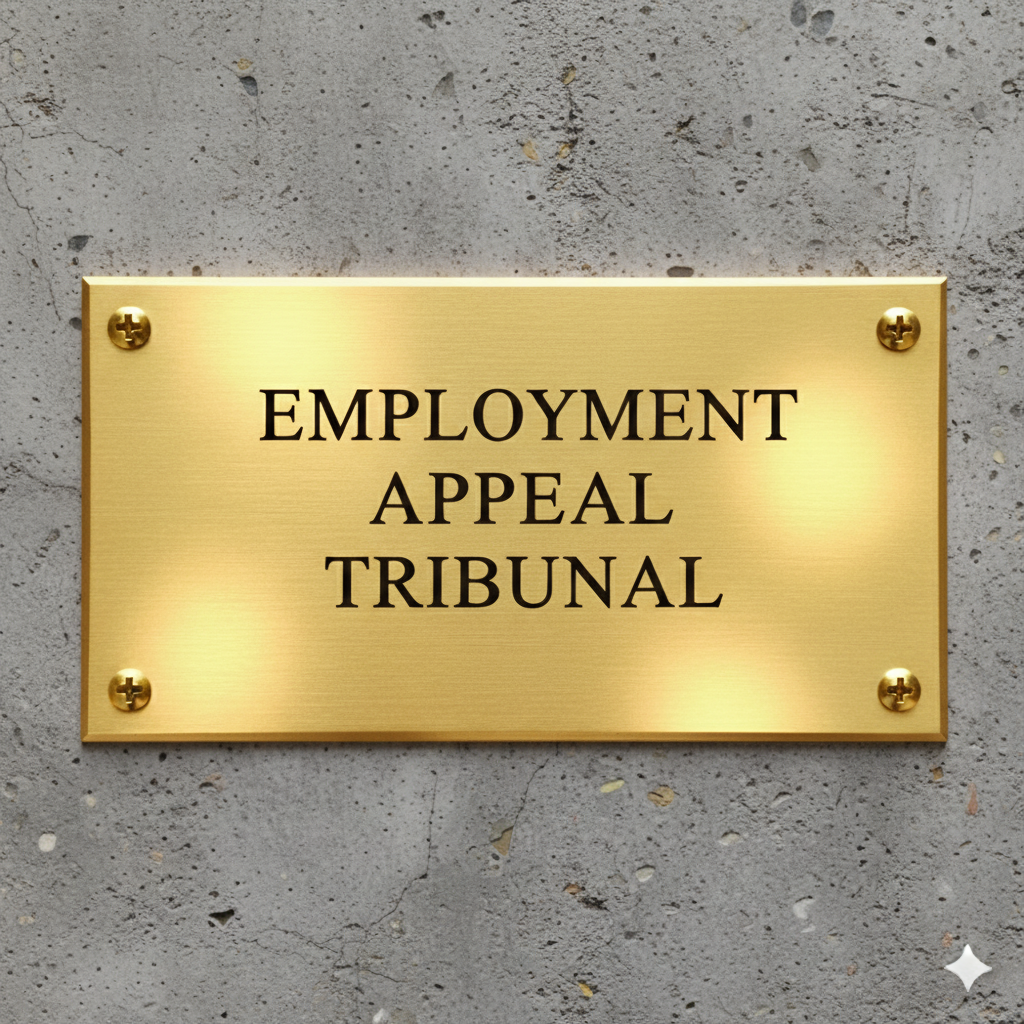Scottish Ministers Win Appeal in Disability Discrimination Case
The Scottish Ministers successfully appealed a decision regarding disability discrimination. The Employment Appeal Tribunal found errors in the original tribunal's handling of the case.
• public
Scottish Ministers Prevail in Disability Discrimination Appeal
The Scottish Ministers have won their appeal against an Employment Tribunal (ET) decision in a disability discrimination case brought by Mr. James Blair, a former team leader. The Employment Appeal Tribunal (EAT) overturned key findings of the original ET ruling.
Key Points of the Appeal
The EAT, led by The Honourable Lord Colbeck, found that the original Employment Tribunal had made several errors in law. These included:
- Failing to properly consider whether a non-disabled employee in a similar situation would have been treated the same way.
- Not adequately establishing that any less favourable treatment was directly linked to the employee's disability.
- Incorrectly concluding that a 'provision, criterion or practice' (PCP) related to attendance put the claimant at a significant disadvantage.
- Erroneously determining that the employer's actions constituted a single continuing act, meaning the claim was filed within the correct time frame.
- Not providing sufficient justification for extending the time limit for the claim.
Grounds for Appeal Detailed
The Scottish Ministers appealed on three main grounds. The EAT upheld the appeal on all grounds, dismissing the original claims of direct discrimination and failure to make reasonable adjustments.
Direct Discrimination
The EAT found that the ET had not properly identified a suitable comparator (a non-disabled employee with similar performance and attendance issues). It concluded that the decision to extend Mr. Blair's probation was due to performance issues, and a non-disabled employee with similar performance concerns would have been treated in the same way. Therefore, the direct discrimination claim was dismissed.
Reasonable Adjustments and PCP
The EAT also ruled that the ET erred in its assessment of the 'provision, criterion or practice' (PCP) regarding attendance. The ET had deemed that a policy of considering more than seven days' absence as unsatisfactory attendance placed Mr. Blair at a substantial disadvantage. The EAT disagreed, stating that the attendance issue did not ultimately affect the decision to extend probation, which was primarily based on performance.
Time Limits
The EAT determined that the ET was wrong to view the Scottish Minister's actions as a single course of conduct. The appeal judges determined that there was no single act or decision, but a catalogue of failures and therefore the failure to make reasonable adjustments was not brought in time. The case was remitted back to the original tribunal to reconsider the issue of whether the delay should be excused.
In summary, The Employment Appeal Tribunal allowed the appeal, ruling that the original tribunal had made errors of law in its judgment.
Read the entire judgement here: The Scottish Ministers v James Blair [2025] EAT 74
